Pretrial detainees not convicted of crimes can vote, but Mississippi makes it impossible
Nsombi Lambright, Maryum Jordan, and Arekia BennettClarion Ledger — November 02, 2018
With the upcoming midterm elections, we have already seen alarming reports of voter suppression across the country, including in Georgia and Kansas. Often forgotten in these reports is the segment of our population that remains unseen: incarcerated, eligible voters. For people detained but not convicted of crimes, the process of requesting and obtaining an absentee ballot is fraught with hurdles that make it nearly impossible to exercise their right to vote.
Per capita, Mississippi has one of the highest numbers of pre-trial detainees in the United States. Approximately half of these detainees will be in pretrial detention for more than three months while some will be detained for over a year. Based on these statistics, anyone incarcerated within the last three months will likely still be detained on Election Day, and be unable to cast a vote in person during this November’s midterm elections.
Under the state and federal constitutions, incarcerated persons in Mississippi retain their right to vote if they have not been convicted of committing certain crimes. Yet Mississippi has created a system in which casting an absentee ballot is nearly impossible. The problem is worsened by the fact some incarcerated eligible voters are in pretrial detention merely because they are too poor to pay their bail. In effect, if they could afford bail and avoid pretrial detention, then they could vote at a polling place on Election Day.
For those unable to afford or obtain pretrial release, the first hurdle to exercising their right to vote is obtaining an application to vote absentee. An incarcerated voter needs to request an application at the county clerk’s office in person — an impossible feat while in detention — or, in the alternative, by submitting a written request for an application by mail or through someone who can visit the voter in jail and then deliver the application to the circuit clerk’s office in the county where the voter resides.Once the first hurdle is cleared (and only if the request is successful), the completed application must then be notarized and returned to the circuit clerk of the county, meaning that incarcerated voters must be able to find a notary while they are in jail or prison. Most people have difficulty finding a notary, even outside of prison.
If the first two hurdles are cleared, a final hurdle remains. Whether or not a person’s application to vote absentee is successful depends on if they fit one of the categories of individuals permitted to vote absentee under Mississippi law. Unfortunately, none of these categories specifically addresses voters who are detained, but are otherwise eligible to vote in Mississippi.
Mississippi’s voting rules allow people to vote absentee if they will be out of their county of residence on Election Day. While this category fits incarcerated voters detained outside their county of residence, voters detained in their county of residence can be left out in the cold. This distinction between eligible voters is absurd.
The disparity created by Mississippi’s absentee voting rules was easily preventable. In the 1980s, a federal court concluded the previous version of Mississippi’s absentee ballot provisions applied to incarcerated persons who were eligible to vote. However, at some point after the court’s ruling, the state Legislature changed the applicable section of the Mississippi Code and some have interpreted that change to mean eligible voters now have no right to an absentee ballot under the statute if they are jailed in their own county.Despite the Legislature’s changes to Mississippi’s absentee voting scheme, thousands of incarcerated voters still retain their right to vote under the state and federal constitutions. Mississippi’s secretary of state and each county clerk hold within their power the ability to prevent the disenfranchisement of incarcerated eligible voters before the close of the midterm elections. The deadline to apply to vote absentee has already passed in Mississippi, but they can adopt measures to assist incarcerated voters in casting their ballots, such as creating polling places in detention centers or transporting incarcerated voters to polling places on Election Day.
The Lawyers’ Committee for Civil Rights Under Law, One Voice, Mississippi Votes, Mississippi Center for Justice, and the American Civil Liberties Union have sent a letter informing the secretary of state and all county clerks of the obligations and authority to prevent the disenfranchisement of incarcerated eligible voters. If you or anyone you know has information or have personally experienced voter disenfranchisement while detained, you can report it at One Voice’s local election protection number (888-601-VOTE) or our 24-hour election protection hotline (866-OUR-VOTE).
Nsombi Lambright is executive director of One Voice. Maryum Jordan is counsel for the Special Litigation and Advocacy Project for the Lawyers’ Committee for Civil Rights Under Law. Arekia Bennett is executive director of Mississippi Votes.
